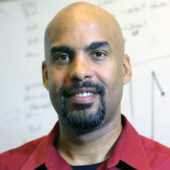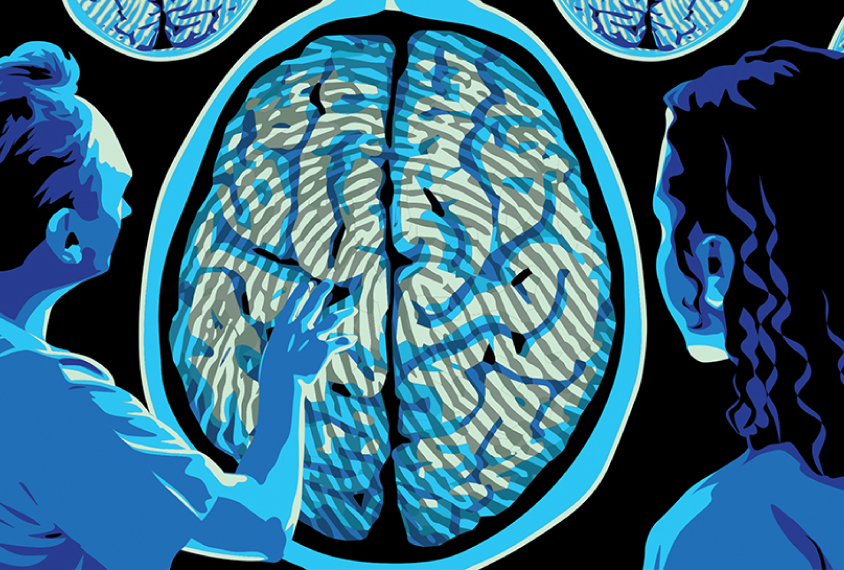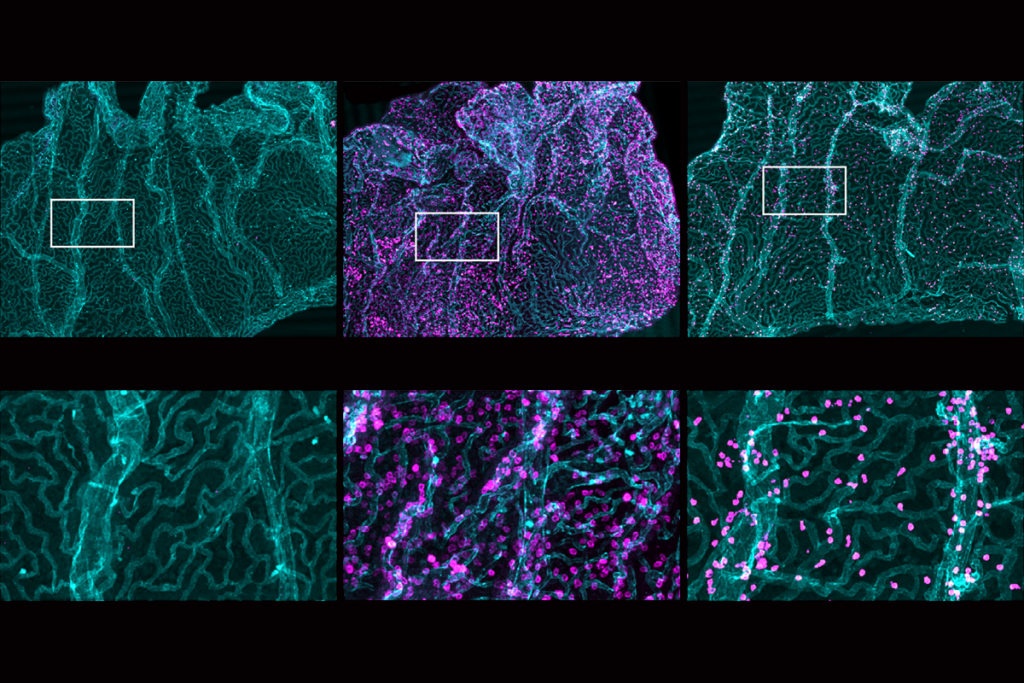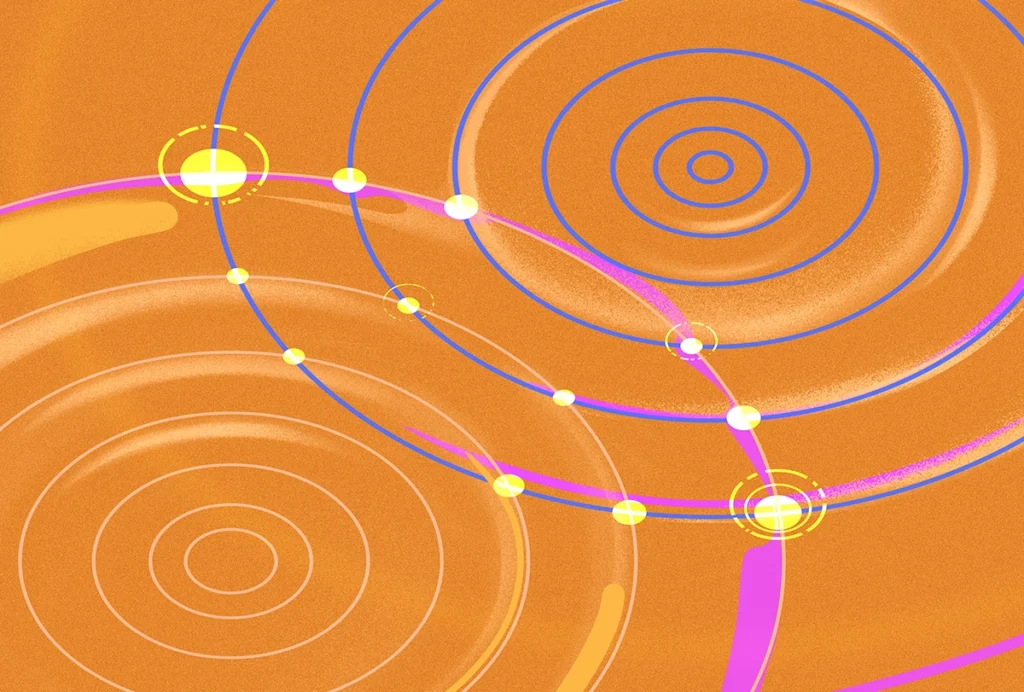Damien Fair is professor in the Institute of Child Development and co-director of the Masonic Institute for the Developing Brain at the University of Minnesota.

Damien Fair
Professor
Institute of Child Development, University of Minnesota
From this contributor
Boosting brain power: A conversation with Damien Fair
Collecting brain scans from thousands of people can be challenging in autism research; data-sharing and collaborative efforts can help drive results that stand up to statistical scrutiny.

Boosting brain power: A conversation with Damien Fair
Unique brain ‘fingerprints’ may narrow search for autism subtypes
Grouping people with autism based on their unique brain-activity ‘fingerprints’ may help to identify subtypes of the condition.

Unique brain ‘fingerprints’ may narrow search for autism subtypes
Graph theory
Characterizing the brain’s network organization may help us understand autism, says Damien Fair.
Explore more from The Transmitter
Hessameddin Akhlaghpour outlines how RNA may implement universal computation
Could the brain’s computational abilities extend beyond neural networks to molecular mechanisms? Akhlaghpour describes how natural universal computation may have evolved via RNA mechanisms.
Hessameddin Akhlaghpour outlines how RNA may implement universal computation
Could the brain’s computational abilities extend beyond neural networks to molecular mechanisms? Akhlaghpour describes how natural universal computation may have evolved via RNA mechanisms.
Immune cell interlopers breach—and repair—brain barrier in mice
The choroid plexus, the protective network of blood vessels and epithelial cells that line the brain’s ventricles, recruits neutrophils and macrophages during inflammation, a new study shows.

Immune cell interlopers breach—and repair—brain barrier in mice
The choroid plexus, the protective network of blood vessels and epithelial cells that line the brain’s ventricles, recruits neutrophils and macrophages during inflammation, a new study shows.
Are brains and AI converging?—an excerpt from ‘ChatGPT and the Future of AI: The Deep Language Revolution’
In his new book, to be published next week, computational neuroscience pioneer Terrence Sejnowski tackles debates about AI’s capacity to mirror cognitive processes.

Are brains and AI converging?—an excerpt from ‘ChatGPT and the Future of AI: The Deep Language Revolution’
In his new book, to be published next week, computational neuroscience pioneer Terrence Sejnowski tackles debates about AI’s capacity to mirror cognitive processes.
